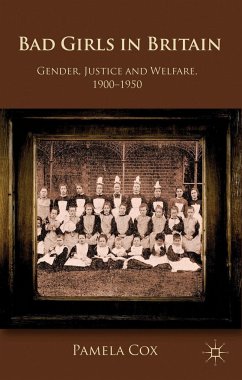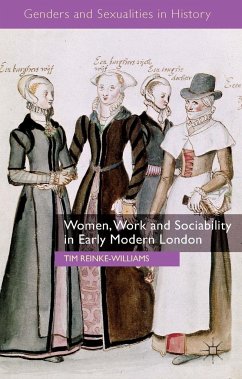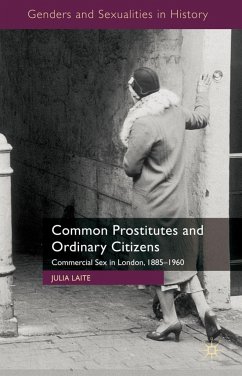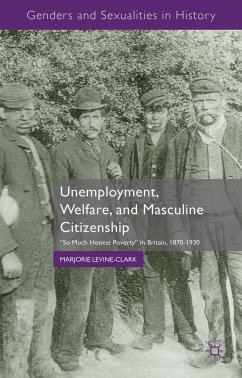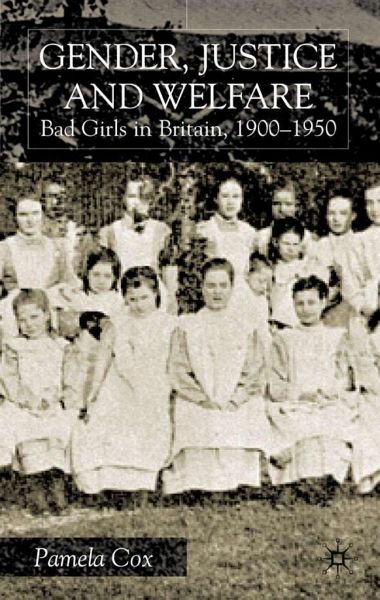
Gender, Justice and Welfare in Britain,1900-1950
Bad Girls in Britain, 1900-1950
Herausgegeben: Loparo, Kenneth A.
Versandkostenfrei!
Versandfertig in 6-10 Tagen
76,99 €
inkl. MwSt.
Weitere Ausgaben:

PAYBACK Punkte
38 °P sammeln!
The first major study of the history of British "bad girls," this book uses a wide range of professional, popular and personal texts to explore the experiences of girls in the twentieth century juvenile justice system, examine the processes leading to their definition as delinquent, defective or neglected, and analyses possibilities for reform.





